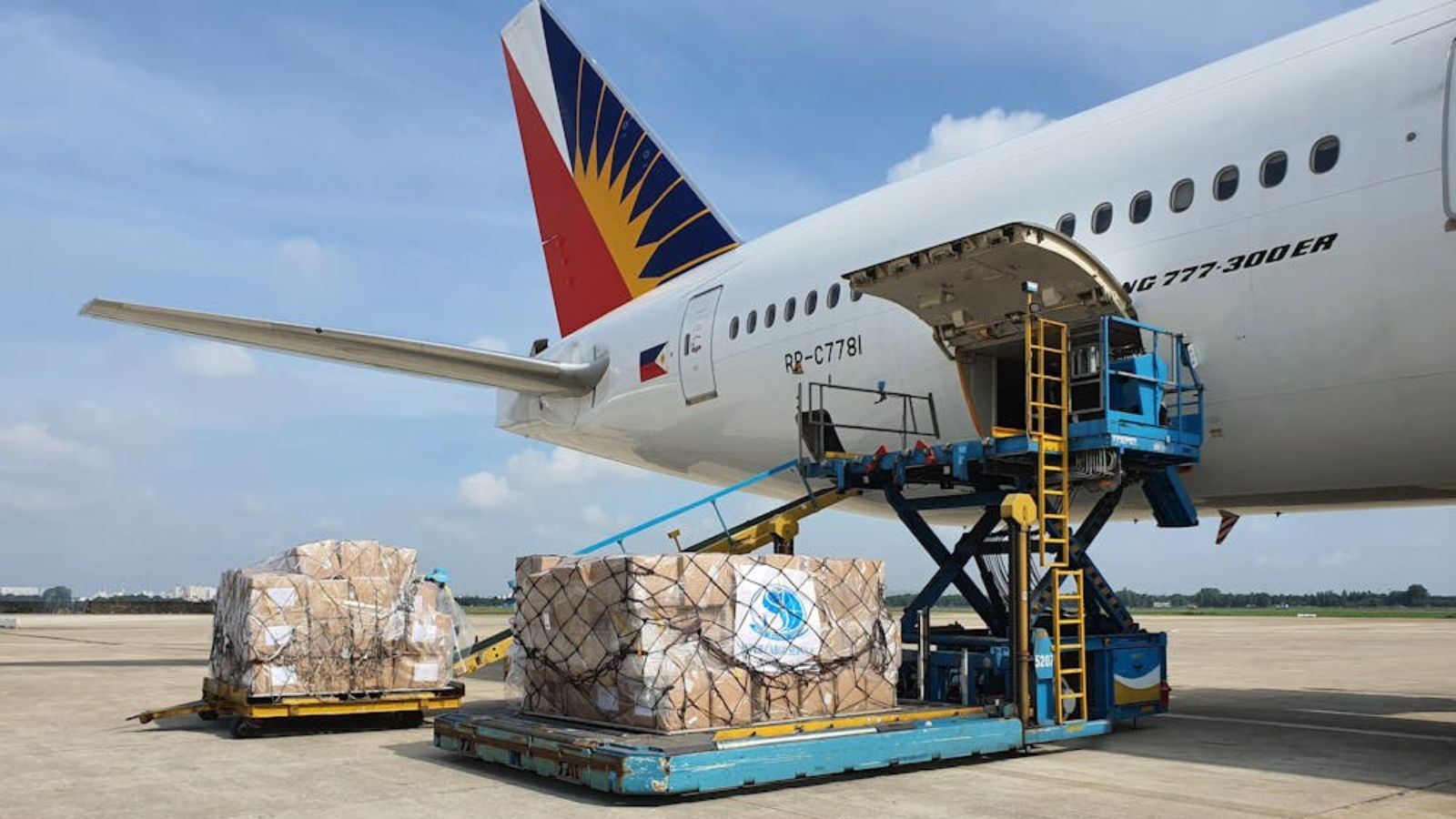Global airline industry body International Air Transport Association (IATA) has expressed frustration at persisting supply chain issues that have contributed to aircraft delivery delays and mounting aircraft delivery backlog, saying that manufacturers are letting the carriers down and the situation is driving up their costs. According to IATA’s estimates, the aircraft delivery backlog exceeds 17,000—sharply up from the 10,000-11,000 pre-pandemic—with an implied wait time of 14 years.
IATA, which has around 350 member airlines, also warned that tariff wars could further aggravate supply chain constraints and production limitations should countries walk away from a decades-old multilateral agreement that exempted aircraft from trade tariffs. While so far there have been no indications of aircraft prices going up due to tariffs, IATA Director General Willie Walsh said that airlines will “strongly resist” any attempt by manufacturers to increase prices.
In 2025, 1,692 aircraft are expected to be delivered to airlines. While this would mark the highest level since 2018, it is almost 26 per cent lower than the estimates from a year ago. According to IATA, which has around 350 member airlines, further downward revisions are likely, given that supply chain issues are expected to persist in 2025 and possibly to the end of the decade. Walsh described that scenario as “off-the-chart unacceptable”.
“Manufacturers continue to let their airline customers down. Every airline is frustrated that these problems have persisted so long. And indications that it could take until the end of the decade to fix them are off-the-chart unacceptable,” Walsh said Monday at IATA’s annual general meeting in Delhi.
Notably, Indian airlines have placed massive aircraft orders over the past few years, with around 1,700 planes to be delivered over the current and the next decade. Air India, which expects to receive over 500 aircraft over the coming years, has seen aircraft delivery delays of six months to a year, but does not currently expect the situation to worsen, the airline’s CEO and MD Campbell Wilson recently told The Indian Express. Senior executives of a few global carriers have expressed frustration due to the aircraft delivery delays.
Pandemic-induced disruptions to global supply chains continue to cast a shadow on the aircraft manufacturing ecosystem in the form of slower production rates and consequent delivery delays. The situation has been further complicated with certain manufacturer-specific problems—like quality issues at Boeing and defects in Pratt & Whitney engines. Aircraft delivery delays persist at a time when airlines in various parts of the world are struggling to cater to a boom in travel demand, adding to their frustration.
Supply chain issues have had significant negative impacts on airlines—driving-up leasing costs, increasing the average fleet age to 15 years from 13 a decade ago, halving the fleet replacement rate to 2020 levels of 5-6 per cent, and reducing the efficiency of fleet utilisation, IATA Said.
Story continues below this ad
“Engine problems and a shortage of spare parts exacerbate the situation and have caused record high groundings of certain aircraft types. The number of aircraft younger than 10 years in storage is currently more than 1,100, constituting 3.8% of the total fleet compared with 1.3% between 2015 and 2018. Nearly 70% of these grounded aircraft are equipped with PW1000G engines (of Pratt & Whitney),” the airline association added.
© The Indian Express Pvt Ltd



